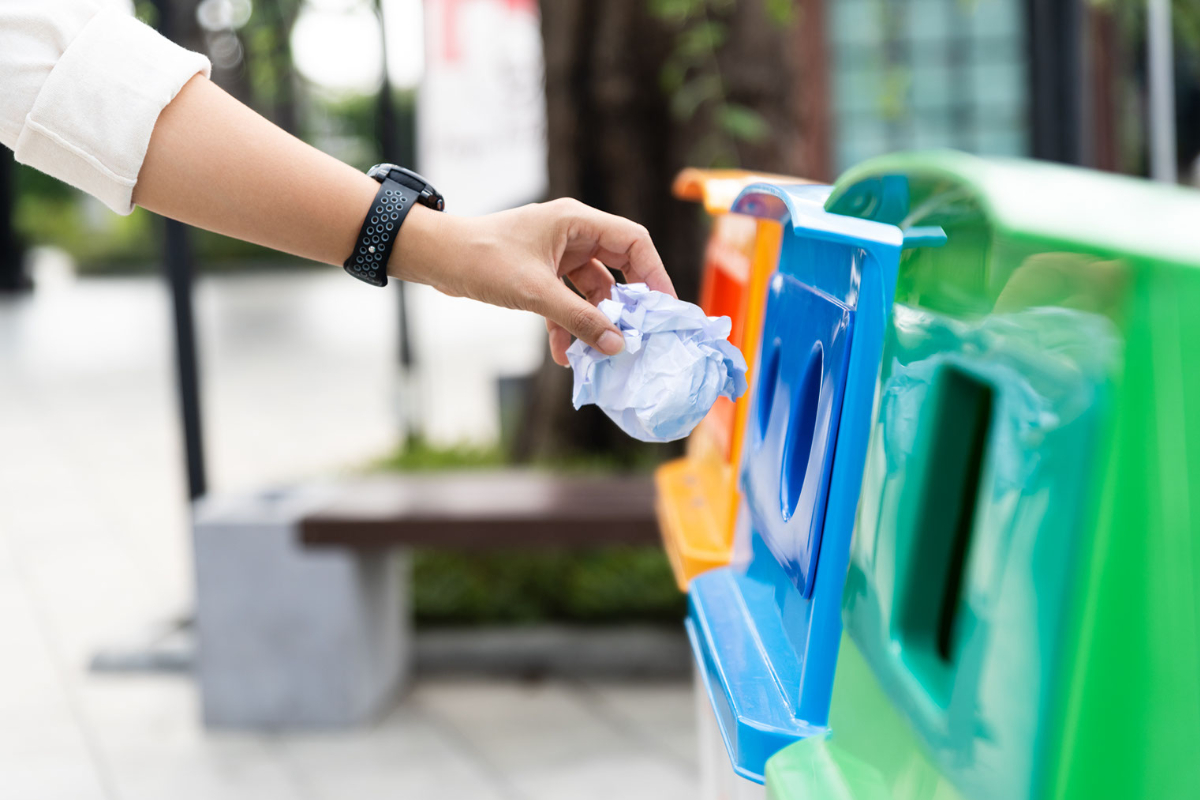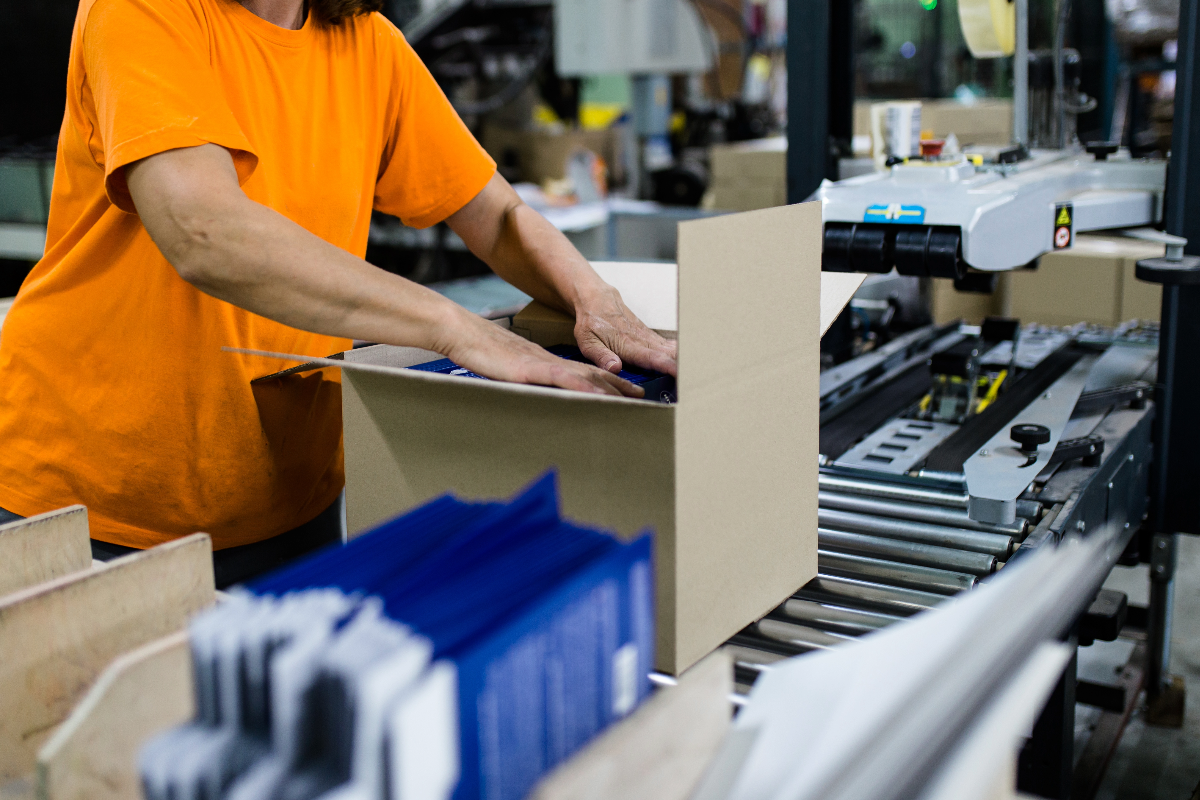Wales’ Waste Regulations: Mandatory Workplace Recycling
Check out our LinkedIn for live updates

George Gash
Published: 24/10/2023
Starting from April 6, 2024, a significant change is set to take place in workplaces across Wales. The Welsh Government is rolling out new regulations that mandate all businesses to segregate recyclable materials from their general waste.
This move is a pivotal step towards achieving the nation’s ambitious goals of recycling 70% of its waste by 2025 and becoming a zero-waste nation by 2050. This article will delve into the details of the new regulations and why they are being introduced.

The New Regulations
Under the new legislation, businesses will be required to separate specific materials for collection, ensuring their proper recycling and disposal. The targeted materials include:
Food Waste: For premises that generate more than 5kg of food waste per week, the new regulations stipulate that this type of waste must be collected separately. This aims to reduce the environmental impact of organic waste and promote its conversion into valuable resources, such as compost or biogas.
Paper and Card: Separating paper and cardboard materials is a crucial aspect of the recycling process, as they can be easily recycled into new paper products. This helps save energy and reduce the demand for virgin materials, thus contributing to a more sustainable environment.
Glass: Glass is infinitely recyclable and keeping it separate from other waste streams ensures it can be efficiently recycled into new glass products, conserving resources and reducing energy consumption.
Metal, Plastic, and Cartons: These materials, often found in packaging, play a significant role in the waste stream. By collecting them separately, businesses can contribute to the circular economy, where materials are reused and recycled, reducing the need for raw materials.
Unsold Small Waste Electrical and Electronic Equipment (WEEE): This category includes discarded electronic devices and appliances. Proper disposal and recycling of WEEE are essential to prevent harmful substances from contaminating the environment and recover valuable materials.
Unsold Textiles: The separation of unsold textiles ensures that clothing and fabric waste are directed toward recycling or reusing, rather than ending up in landfills.
Why These Changes?
The Welsh Government’s decision to introduce these changes is rooted in their commitment to environmental sustainability and a greener future. Several key motivations underpin the decision to enforce these new regulations.
Meeting Recycling Targets: The most prominent objective is to reach the target of recycling 70% of waste by 2025. These regulations are a significant step toward achieving this goal, as they encourage businesses to play a more active role in recycling and waste reduction.
A Zero-Waste Nation by 2050: Wales aspires to be a zero-waste nation by 2050, meaning that all waste is either recycled or repurposed, with nothing going to landfill. The new regulations are crucial in pursuing this ambitious vision for the future, as they prevent recyclable materials from ending up as waste.
Reducing Carbon Emissions: Waste management and disposal significantly contribute to carbon emissions. By encouraging the recycling and proper disposal of materials, the regulations contribute to reducing the carbon footprint of Wales. This aligns with global efforts to combat climate change and create a more sustainable future.
Improving Recycling Quality and Quantity: The separation of recyclable materials ensures that they maintain their quality throughout the recycling process, resulting in better final products. Additionally, the quantity of recyclables will increase, further advancing the circular economy concept.
What role does waste play on the journey to Net Zero? Click here to find out!
To Conclude…
The introduction of new regulations requiring businesses in Wales to separate recyclable materials from other waste is a significant step toward achieving the nation’s ambitious environmental goals. The Welsh Government’s commitment to recycling, reducing waste, and ultimately becoming a zero-waste nation by 2050 is evident in these regulations. By recycling more efficiently and reducing carbon emissions, Wales is taking a proactive stance in building a sustainable and environmentally responsible future. As April 6, 2024 approaches, businesses in Wales should prepare to embrace these changes and contribute to a greener and more eco-conscious Wales.
Contact Us
Want to become more sustainable in your business operations but not sure where to start? Flame UK can help your business to get on the right tracks to reduce your business’ emissions and costs. Get in touch with our team today to learn more about how Flame UK can support your business.




